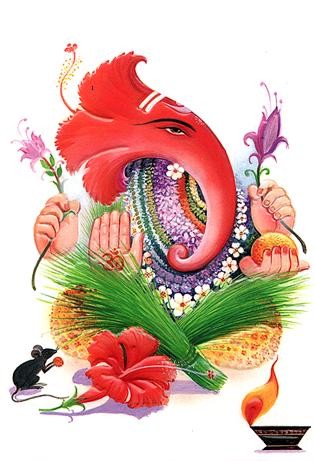The dynamic music of poetry
- Mrunalini
It is quite heartening to see that Telugu cultural meets these days are concentrating on music and literature. Not exclusively, but as one art. Whether it’s Carnatic classical or film music, or non-film music called Lalitha sangeetham, lyrics seem to have suddenly gained status as a very important aspect of music.
One always knew music without literature i would appeal only to a connoisseur and literature without music to a select few. Only when they come together does it become a wholesome art. They complement each other and enhance each other’s value. In fact, a good poet has something of a musician in him. As T S Eliot said in The Music of Poetry, “I think that a poet may gain much from the study of music… the properties in which music concerns the poet…are the sense of rhythm and the sense of structure…the use of recurrent themes is as natural to poetry as to music.” In one sense, maybe music is mass art, while literature is elite art. Many times literature becomes a mass art when it takes the help of music.
For instance, from the Bhakti movement to the Dalit movement, literature related to social movements was communicated to the common man only through music. We have scores of examples from all Indian languages about the effect of musical literature on the masses.
The Pashuram of Tamil, Padakavitha of Telugu, Vachana Sahitya of Kannada, Vaishnava Geeth of Bengali, Ashtapadi of Sanskrit or Bhajans of Meera and many more such literary creations are great examples of musical literature.
Some of the best poetry in Telugu is in the Padakavitha of Annamayya, which emerged in the Bhakti movement all over India (15th, 16th centuries) and the Kritis of Thyagaraja (19th century). Both these Vaggeyakaras (those who write, compose and sing) are the greatest gifts of the Telugus to Indian music.
Recently there has been a spurt of publications in Telugu on Annamayya, which try to understand his poetry in greater depth. These books attempt to show the reader that Carnatic music has great literary value and only when one understands these nuances can a singer do justice to the rendition. This presupposes that the singer should be a Telugu-speaking person, which may not be totally acceptable in the case of Carnatic music. There are scores of Tamil singers who render Thyagaraja day in and day out. And we have the most famous example of M S Subbulakshmi singing Annamacharya to great effect.
So you don’t actually need to be a natural speaker of the language but, it goes without saying, you render better if you know what you are rendering. This month, which celebrates the birth anniversaries of both Annamayya and Thyagaraja calls for a small comparison of these two masters of music, especially with regard to the literary values in their creations. Thyagaraja has been easier for the singer to learn, for the simple reason that his lyrics are less complicated and his ideas less complex. His language is also closer to modern Telugu. One does not need a Telugu pundit to explain him. One only needs to know the language. Moreover, for Thyagayya, music was the be-all and end-all. Lyrics were complimentary to his musical genius.
But Annamayya’s language is 500 years old, his lyrics are closer to the local Rayalaseema idiom and he sang quite often in the colloquial manner of the common folk. At the same time, he was also a great poet, who could turn words in innumerable ways, keeping the reader guessing as to its meaning. The search for better and deeper interpretations of Annamayya’s Sankeertanas is going on in Telugu right now, on the occasion of his 601st birth anniversary. But the search is a long one; like the proverbial Mahabharata, which means different things to different people, Annamayya too is being interpreted and explained in myriad ways. His raagas are often tampered with, since we do not exactly know in which ragas they were set, unlike Tyagaraja, whose kritis have to be rendered in the ragas he meant them to be.
It appears as if Thyagaraja is more fortunate; both his lyrics and the ragas are quite clearly known since he is more recent in history and his disciples have been very successful in carrying out his tradition. But Annamacharya’s case is different. He is open to all.
And every musician worth his salt is composing him according to his talent. Maybe, looking at the brighter side, we could say, Annamayya is dynamic.
Courtesy: ExpressBuzz



